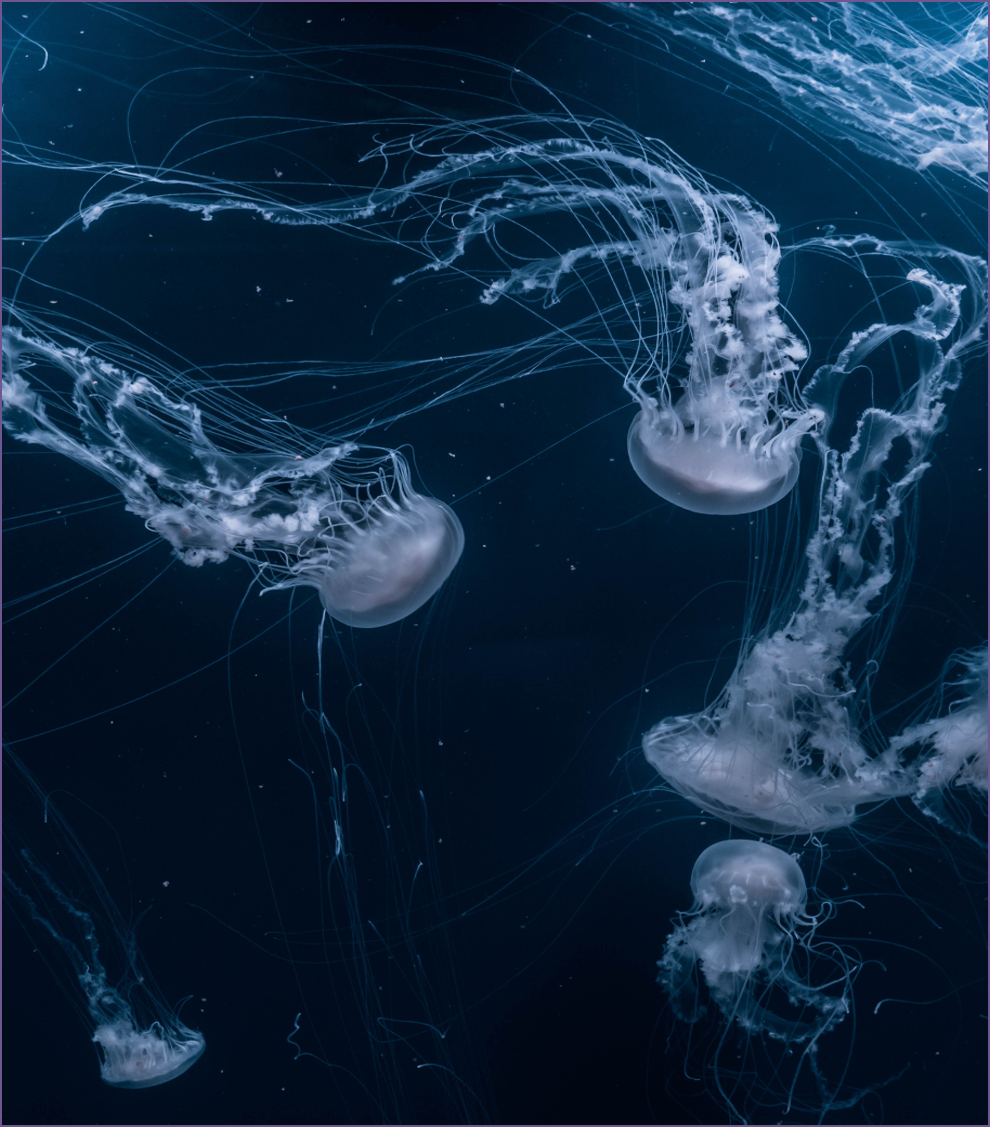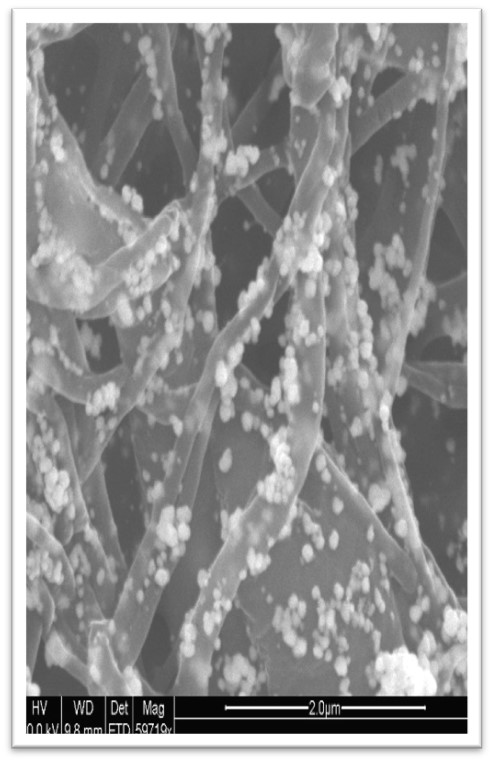
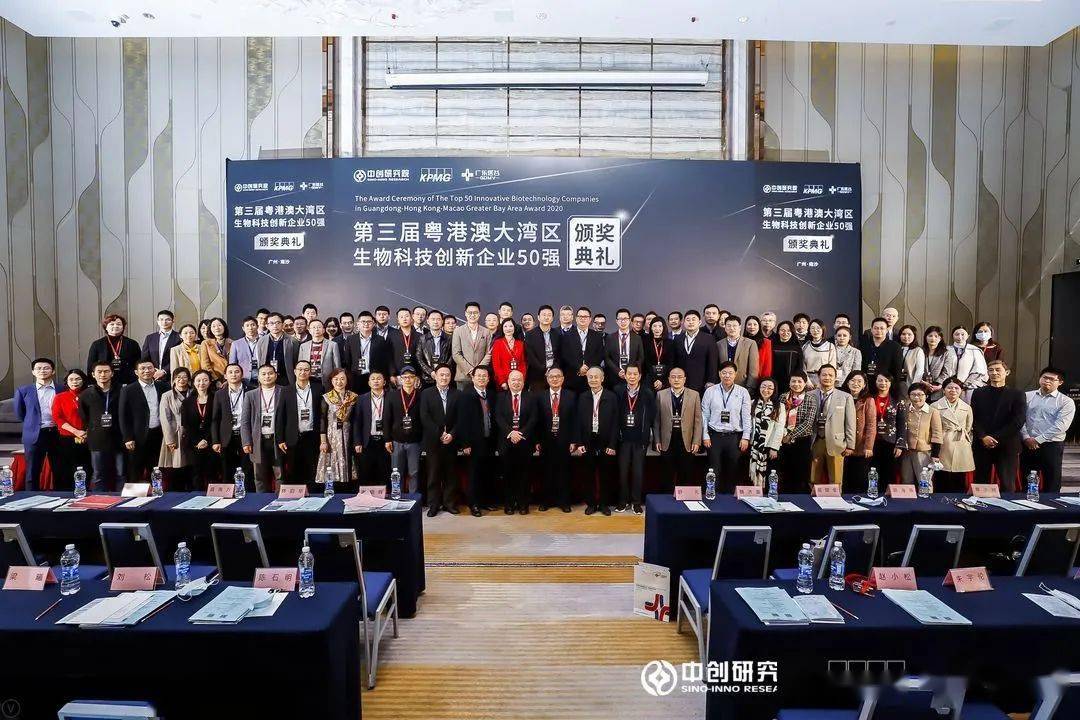
On December 23, 2020, the 3rd Guangdong-Hong Kong-Macao Greater Bay Area Biotechnology Innovation Enterprise Top 50 Award Ceremony hosted by China Innovation Industry Research Institute and KPMG China and undertaken by Guangdong Medical Valley was successfully held in Nansha, Guangzhou (hereinafter referred to as "Top 50 List").And also held the Biotechnology Innovation and Development Summit. More than 400 representatives from the government, investmen institutions, biotechnology companies, scientific research institutions and the media participated in this event and witnessed the grand release of the "Top 50 List".
During the Ceremony, the "Bay Area Future Star" award was awarded, and JellyBand (using jellyfish protein to provide smart medical and biological application solutions) recommended by China Israel Jizhi Technology, won the "Bay Area Future Star" award.
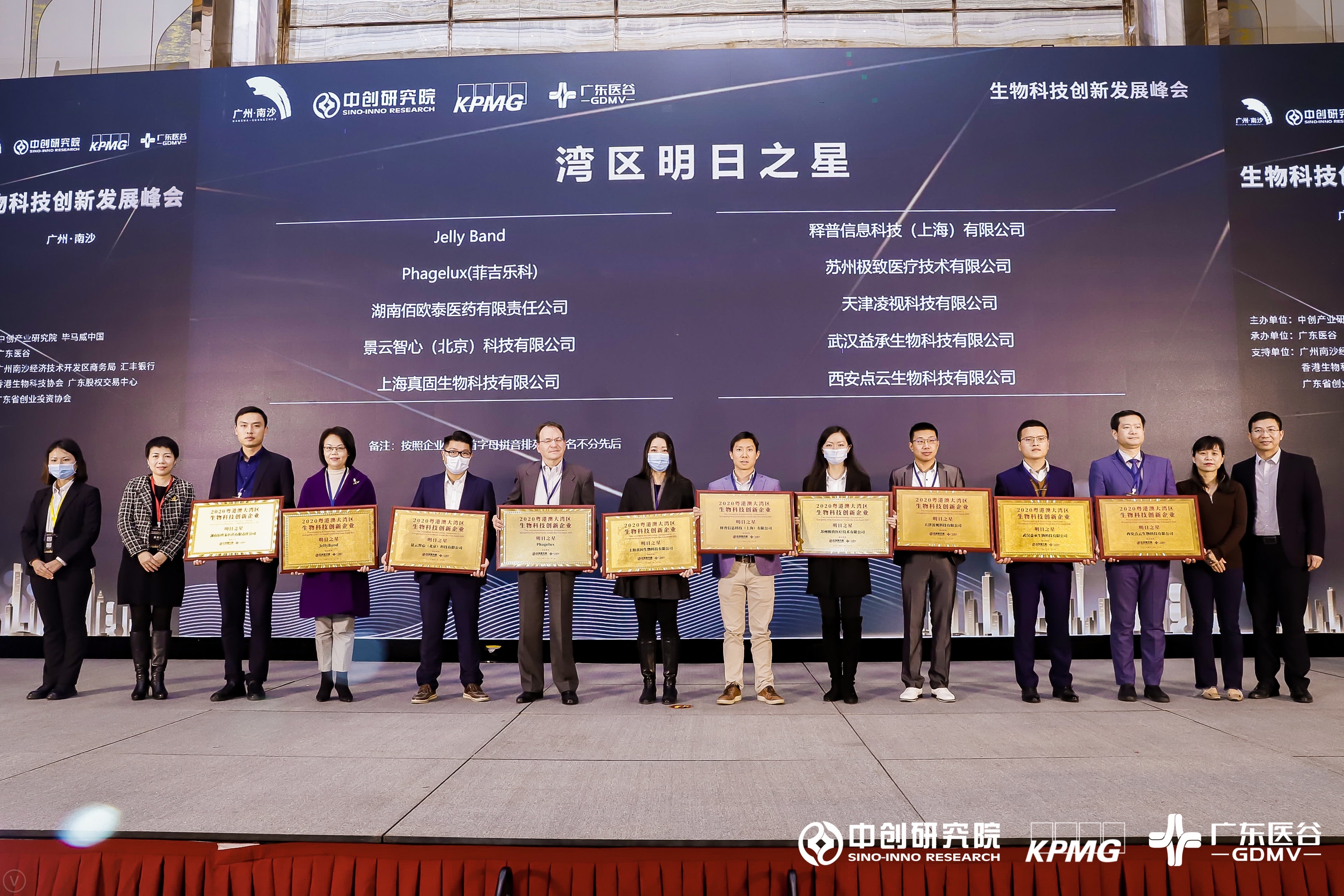

Ms. Fu Xixi, general manager of China-Israel Jizhi (Guangzhou) Technology Co., Ltd. accepted the award on behalf of JellyBand.
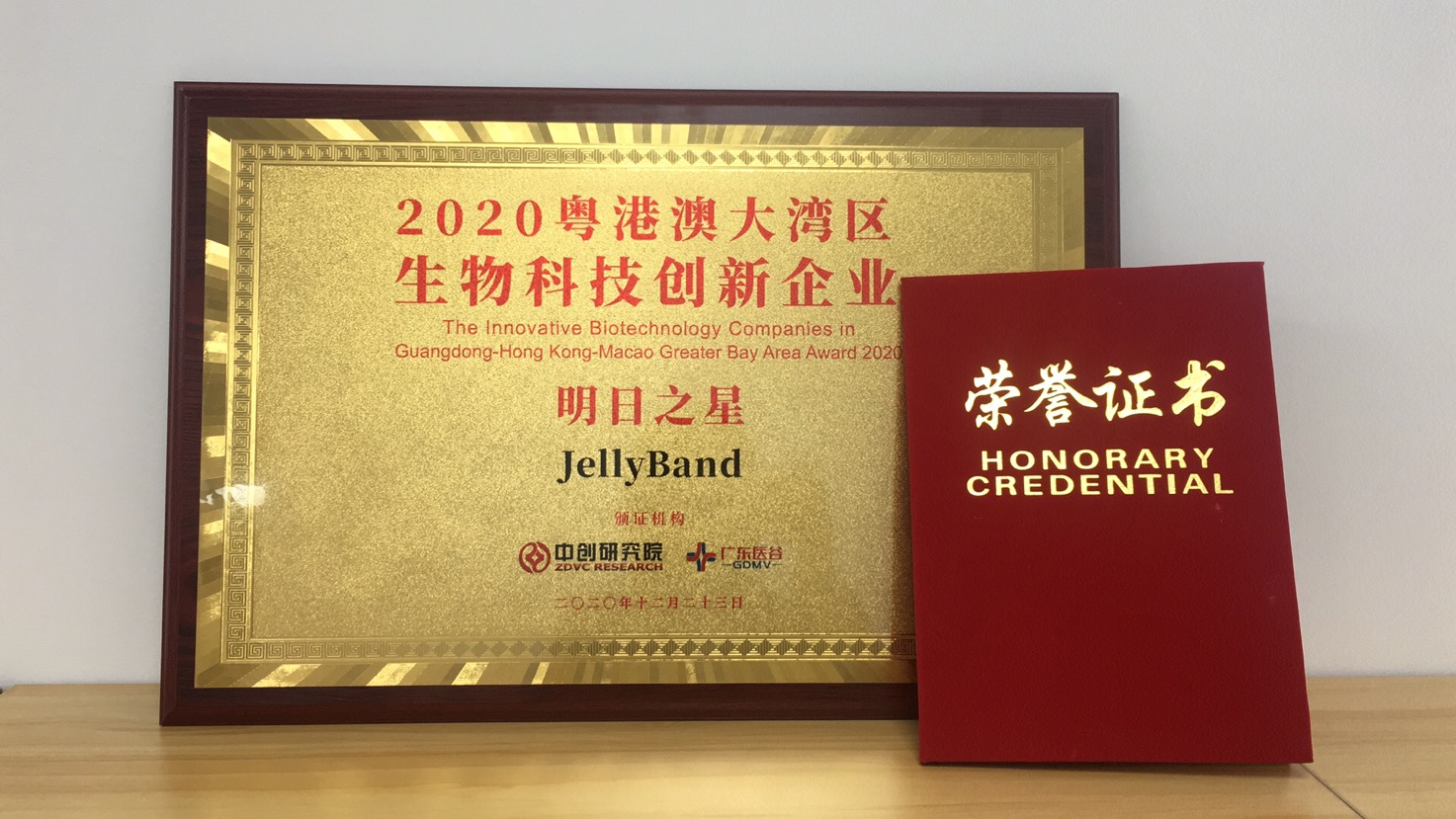
'The Future Star' Honorary Credential

Jellyfish are a global pandemic: They sting beach vacationers, Block power plants intakes disrupting supply of electricity, decrease fishery catches, decrease product values, and damage fishing gear. JellyBand’s is the first and only venture in the world addressing the Jellyfish problem in highly efficient and economical way. JellyBand is creating new cross industry food chain by recycling this growing global environmental problem into high demand line of medical and skin care products that are proven suitable for treatment of various acute medical problems.
JellyBand has developed a cutting-edge wound dressing material applicable for fast and effective chronic wound healing. The wound dressing is composed of composite jellyfish nanofibers (that contain collagen and mucin) and nanoparticles of antibacterial silver, which exhibit all requisite qualities for fast and complete wound healing.
Preclinical wound healing tests on pigs demonstrated full and fast recovery that were found to be superior to a leading commercial product. The use of JellyBand was found to reduce the healing period by 25% and to save more than 25% of the treatment expenses.
Notably, the material developed contains considerable amounts of collagen, highly needed material in cosmetics and artificial skin. Currently, the team is developing materials for these applications.
The technology is protected by 4 patents (both granted and pending) and is licensed to JellyBand by Tel Aviv University.
In 2016, it was estimated that 160 million patients are treated annually with a global market revenue for advanced dressing technologies of $4.8 billion. Annual growth projections of 5% are attributed to increases in life expectancy and diabetes related complications.
Project demand: Looking for an investment of 5 million US dollars in order to optimize product parameters, human clinical trials, expand production scale, obtain relevant qualifications required by regulations, and establish business models.

